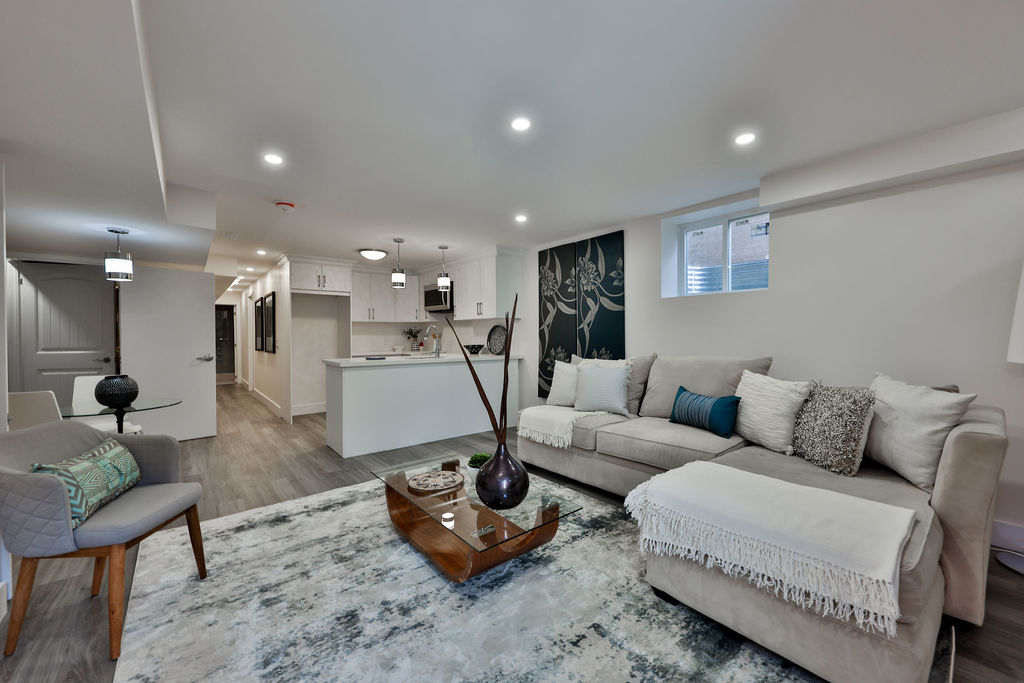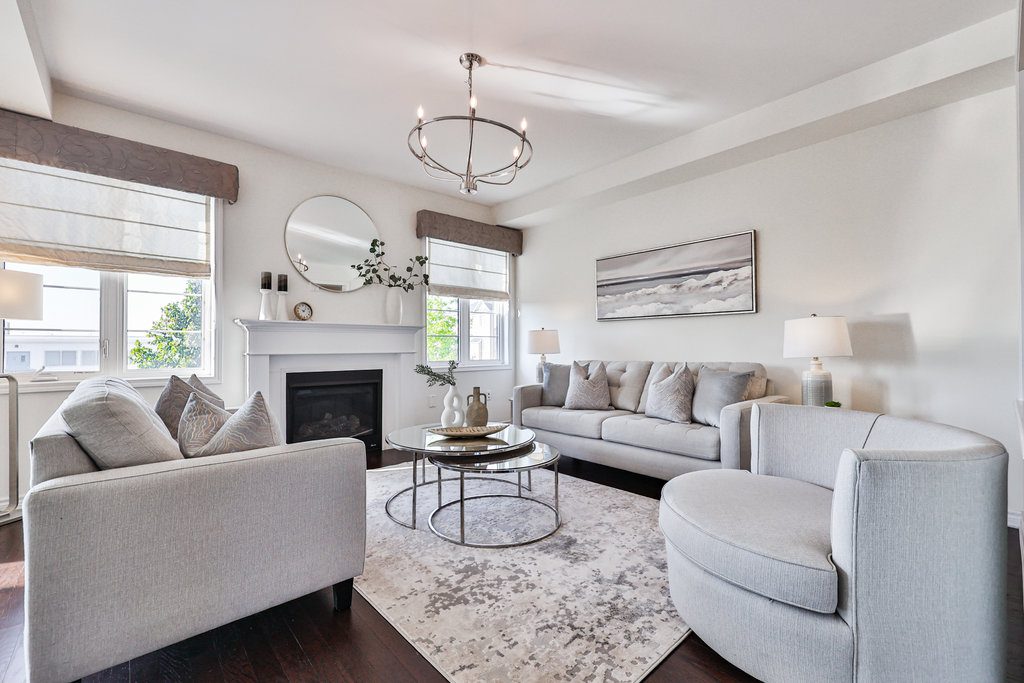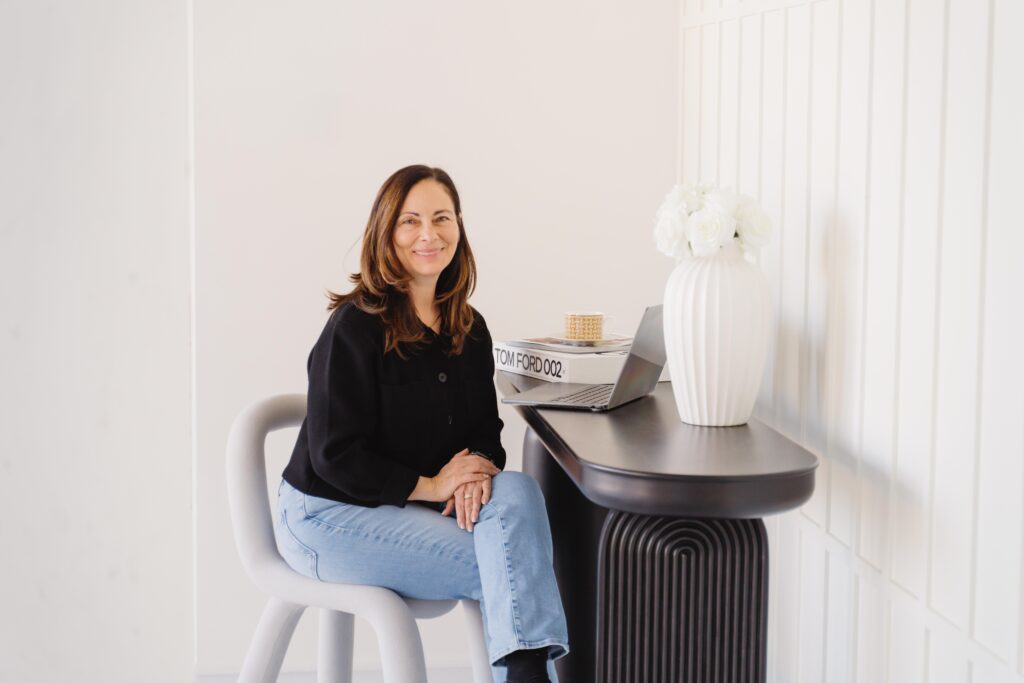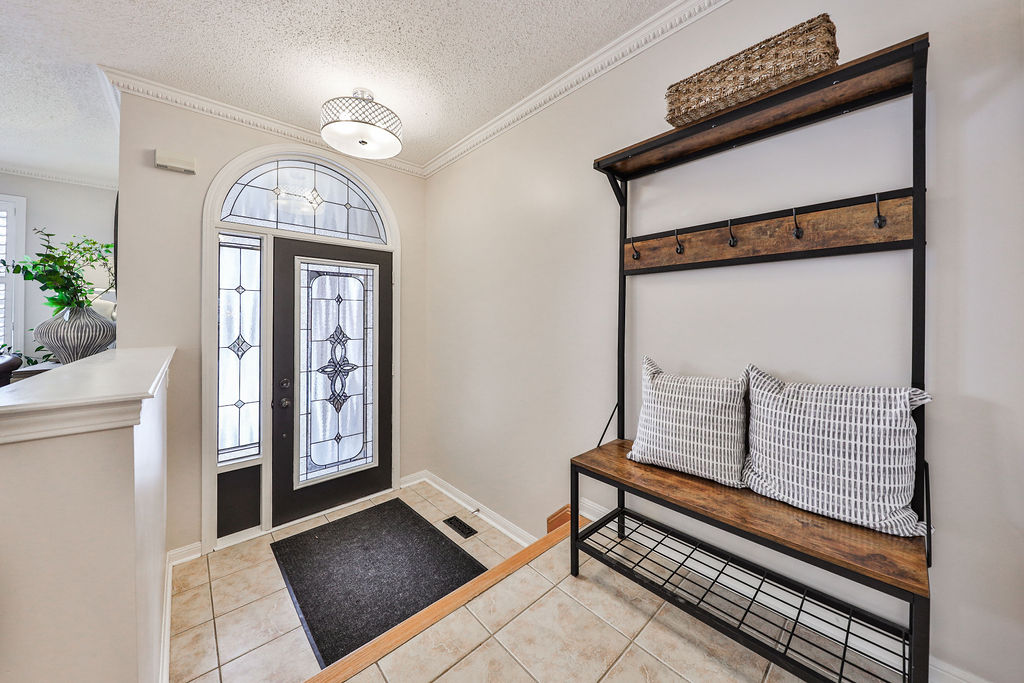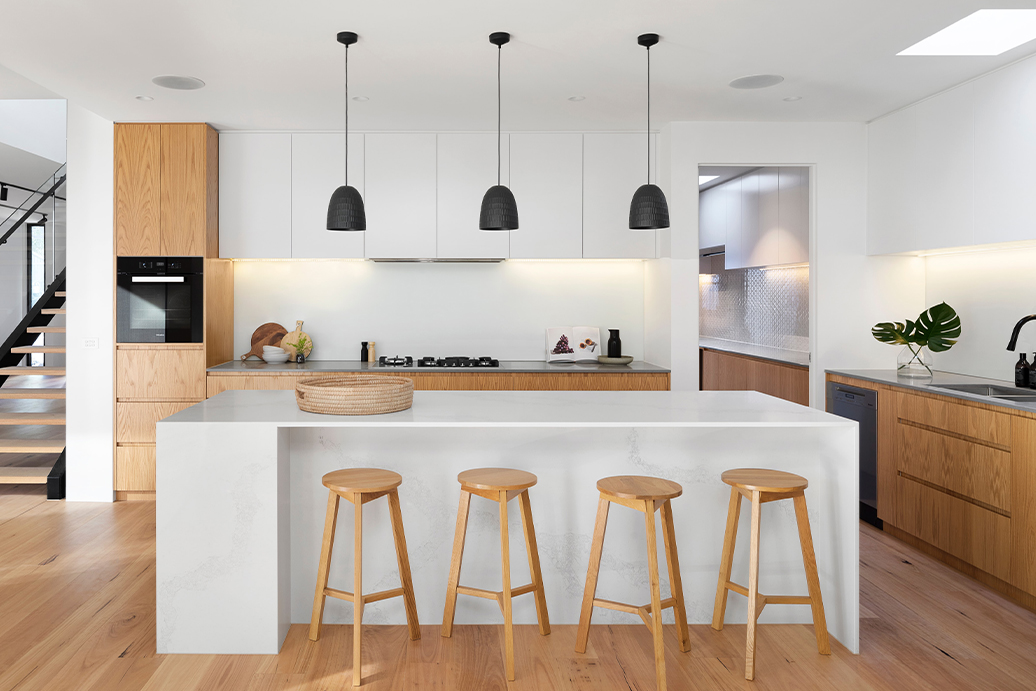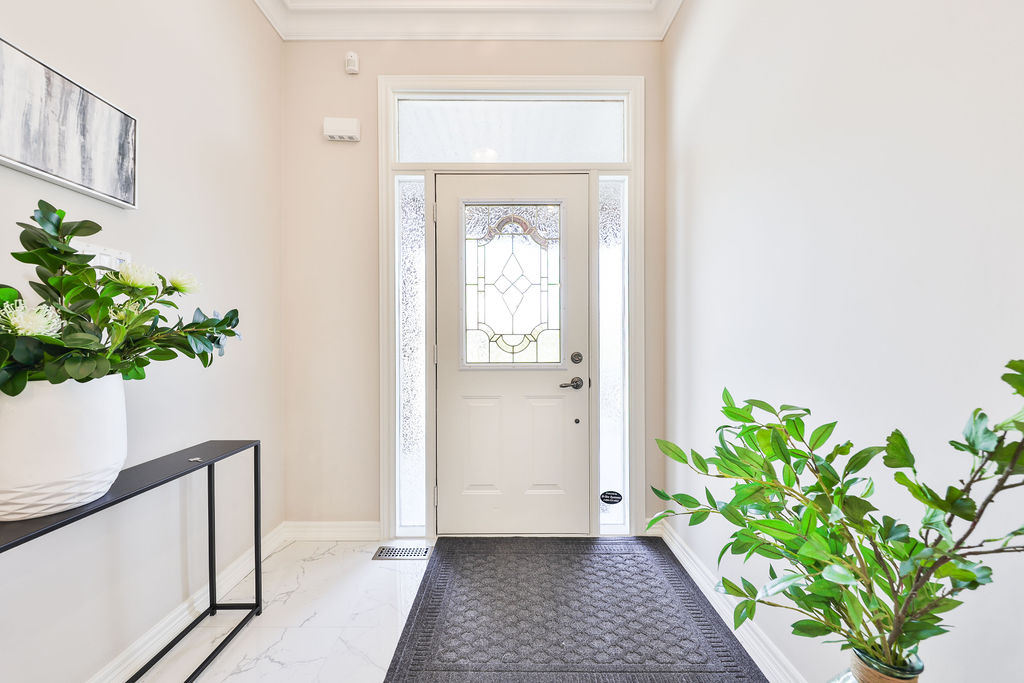Real estate has always been expensive, and buying a home is the most significant investment most people will ever make in their lifetime. As prices have risen over the years, it has become more difficult for many younger people to get a foot into the market. And the sharp increases over the last two years have made homeownership seem virtually impossible. To buy a house today, you may need a much higher than average income or help from a relative. What if you don’t have either of those things? Should you resign yourself to renting for the rest of your life? Not necessarily. In fact, a little out-of-the-box thinking could take you from renting to investing in a very short time.
Can A Secondary Suite Be Your Ticket To Homeownership?
Secondary suites can make buying a home more affordable in more ways than you might realize. The extra rental income can cover a significant portion of the mortgage. In addition, many lenders allow you to add the projected rent to your income and give you access to more financing.
Most people buy or build a secondary suite with the intention of living in the main unit. However, if your lifestyle allows, you could live in the smaller space and rent out the main house. If you do, you might even see a positive cash flow from your property.
A house with a legal secondary suite offers more resale value, meaning your equity will grow faster than a single-family home. And just like that, you’re no longer stuck in the rental market. Now, you’re a bonafide real estate investor!
Are you thinking about buying your first home? You may be interested to know that we offer a webinar for first time buyers to answer all of your questions.
Types Of Secondary Suites
Basement Apartments
When you think of renting space in your house, a basement apartment probably pops into your mind. They are the most common of all secondary suites because they are the easiest to build if one doesn’t already exist. If you buy a house with a finished basement, you’ll likely have to invest time and money to bring it up to code. However, the resale value of the home alone makes it worth it.
Unfortunately, basement apartments do have some drawbacks. Noise complaints are common. Depending on the level of soundproofing, the basement tenant can hear everything going on upstairs, right down to your footsteps. If children are yelling or romping around upstairs, the relationship can get tense very quickly.
Soundproofing can help, but it isn’t inexpensive. However, if it ensures a peaceful coexistence between you and your tenant, it can be worth every penny.
The other problem with basement apartments is that they are notoriously dark, which is a turn-off to some potential tenants. The windows are generally smaller, and even white paint and an open concept design will not flood the apartment with natural light.
What makes a basement apartment legal in Milton? We have a post dedicated to the topic right here.
Attic Suite
Basement apartments are everywhere, but what about building a suite above you instead? It’s a far less common option, and you’re less likely to find a home with one already installed.
If you want an attic suite, you’ll probably have to build it, but there are many advantages to make it worthwhile.
An upper-level suite is more desirable to tenants because, unlike basement apartments, they are full of natural light, offer more fresh air and a better view. You can likely charge more for an upper unit, which can help offset the investment needed to build it.
What about the downfalls?
You may worry less about your tenant complaining about the noise. However, you might be the one to have to get used to the stomping footsteps and clamour from above.
Your pool of potential tenants may be slightly more limited. The unit is ideal for young professionals or couples but less likely to appeal to older people with mobility issues.
Have you been bitten by the real estate investment bug? Then you’ll love some of these other posts!
- 4 Ways To Earn Money With Real Estate
- Your Quick Guide To Milton Real Estate
- 8 Steps To Finding The Right Real Estate Agent
Ground Level Suite
If you don’t like the idea of a basement apartment or an attic suite, why not consider building an addition? This can solve the noise and lighting issues and is an excellent option if your lot is large enough for an addition to the side or back of the house. It’s still a separate suite, but it allows easier access between the units.
As the population ages, ground-level suites will become more popular for elderly tenants or family members with mobility issues. A house with a main-level apartment will have excellent resale value as demand increases.
Garden Suites
When you walk through your neighbourhood, you may spot some houses with converted garages or fancy sheds with extra large windows. But these curious-looking buildings are probably not what you think. Chances are, they’re secondary suites that are built on the same lot as the main house. They’re called garden suites, and they have exploded in popularity since the provincial government legalized them to address the housing shortage.
Garden suites are small but highly functional, often with open concept floor plans and modern appliances. Depending on the design, they can be breathtakingly beautiful.
A garden suite offers you and your tenant complete privacy and eliminates most or all noise complaints. They’re a fantastic way to generate income from your property or keep your loved ones close by.
A garden suite will require a significant upfront investment, but will quickly grow your equity as the house rises in value.
What’s Your Next Step?
If you decide that a secondary suite is right for you, there are two options:
1.) Buy a house with an existing suite.
This is by far the most straightforward option. Even though you may require some updates to bring the unit up to code, you won’t have to live in a construction zone. Plus, you can secure a tenant sooner and start generating rental income to help with your mortgage payments.
However, one thing to be aware of is that not all basement apartments are legal. If anything is missing, you may find it difficult to get insurance for the unit. You may also find yourself in a legal bind if someone decides to report you. To prevent these hassles, work with an experienced real estate agent with experience in investment properties.
2.) Build a secondary suite.
Building a secondary suite is ideal if you have the budget and time to wait before you can start generating income. You can decide whether you want a basement apartment, attic suite, ground level unit or garden suite. Once again, if you choose to build, work with an experienced professional to ensure you follow the code.
The nice thing about building a secondary suite is that you get a say in everything from start to finish. You can take your sensitivities and need for privacy into account.
Your options are only limited by your imagination!
Do you want to talk more about your options for investing in real estate? We work with buyers and investors at every level and are happy to point you in the right direction!
